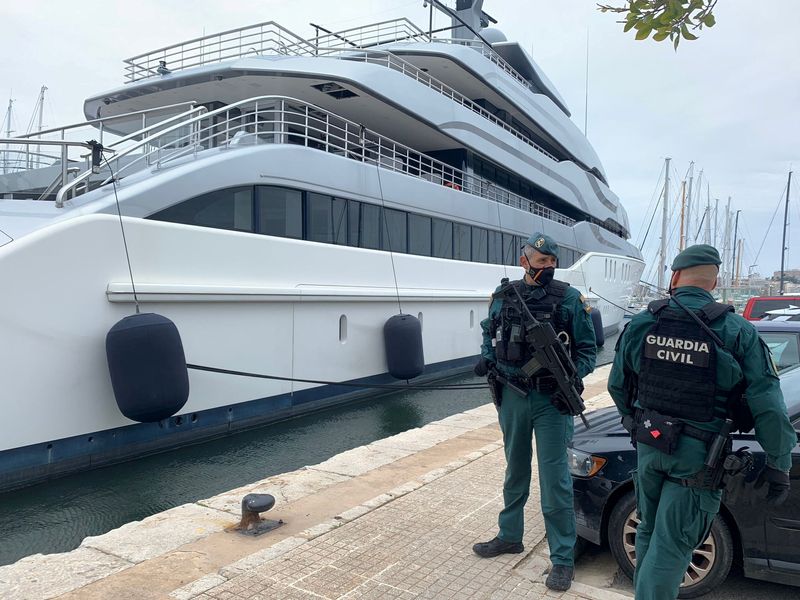By Francesco Guarascio and Jan Strupczewski
BRUSSELS – The European Commission wants to make it easier to confiscate assets linked to serious illegal activities and suspected criminals, including those evading European Union sanctions against the Kremlin, according to a draft document seen by Reuters.
The legislative proposal, due to be published on Wednesday and still subject to changes, is aimed at addressing a longstanding weakness in the EU where many states lack sufficiently robust legal frameworks to seize criminal assets, making it easier for criminals to hide their resources and benefit from illegal activities.
The war in Ukraine further exposed this weakness, as many states are struggling to freeze assets of people sanctioned by the EU for their ties to the Kremlin – and many more lack legal powers to confiscate frozen assets.
The legislative proposal would address these weaknesses by creating a common legal framework.
Crimes for which the new rules would apply are terrorism, participation in a criminal organisation, human trafficking, money laundering, and also the violation of EU sanctions, which under a separate proposal, also to be published on Wednesday, would become a crime across the EU.
Asset seizures would generally require a conviction, but under the draft law, they could be allowed pending trial in some cases for suspected criminals, and also when they are “transferred by a suspected or accused person to third parties,” including family members.
Authorities in EU states have said one of the main obstacles they faced in enforcing the sanctions against Moscow was that affected people had their assets registered under somebody else’s name, or transferred them before sanctions were implemented.
“We are working on a European tool to make confiscations possible everywhere in all EU states”, the EU justice commissioner Didier Reynders said while pre-announcing the incoming measures earlier in May. He said one of the ultimate aims was to redistribute proceeds from these confiscations to Ukraine.
To become law, the proposal needs the backing of EU governments, which have traditionally been cautious about reforms that require changes to their criminal laws.
(Reporting by Francesco Guarascio @fraguarascio; Editing by Tomasz Janowski)
